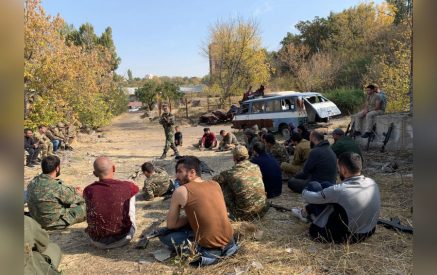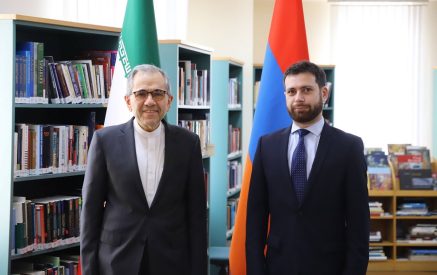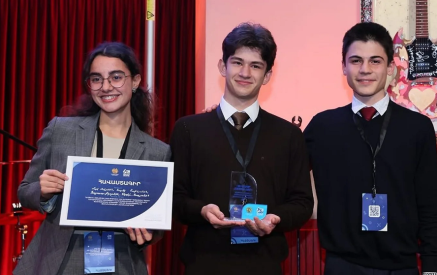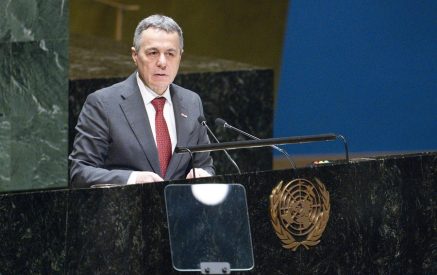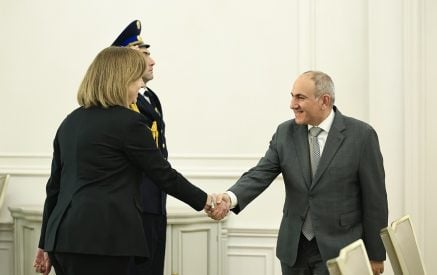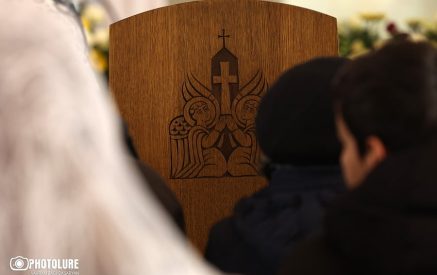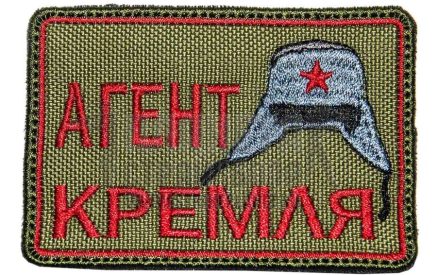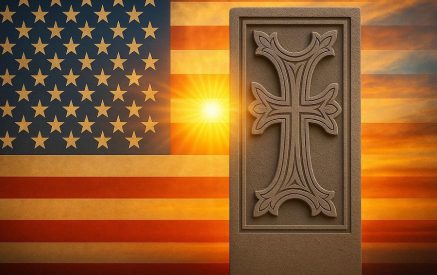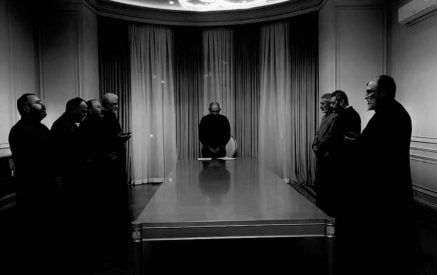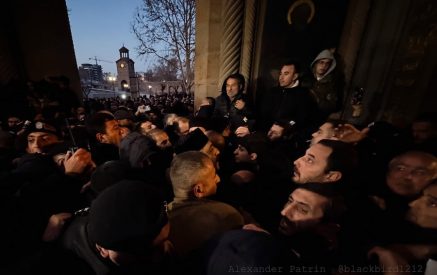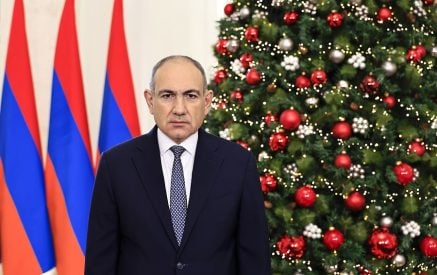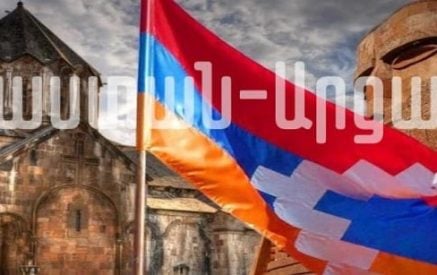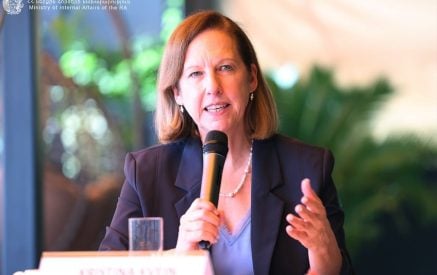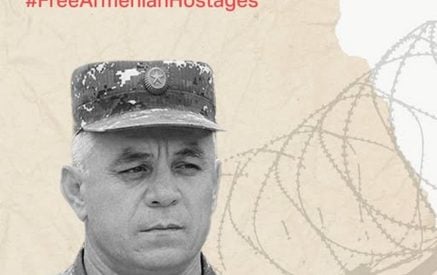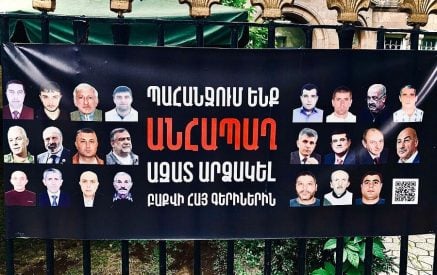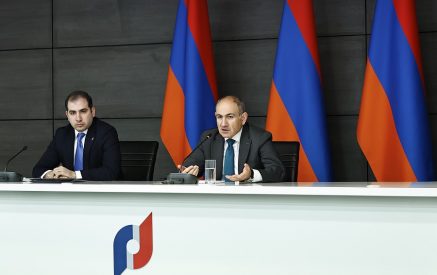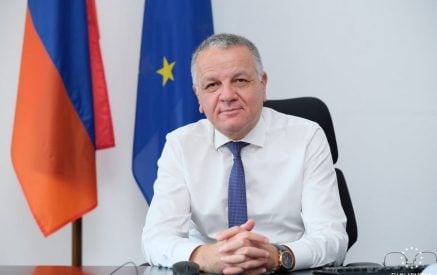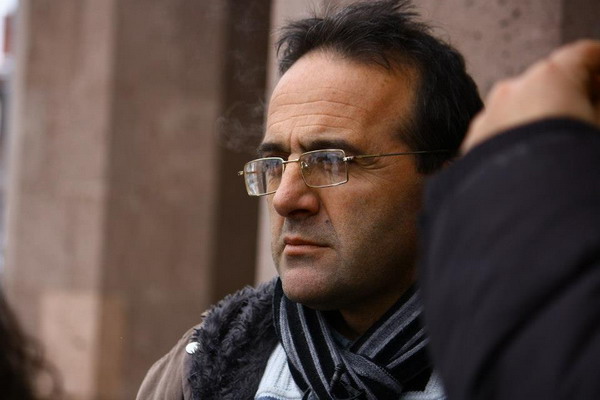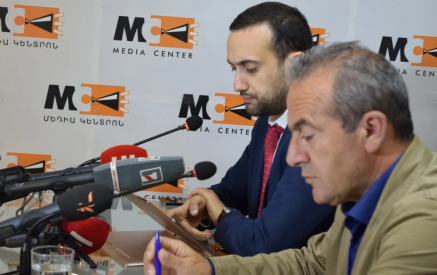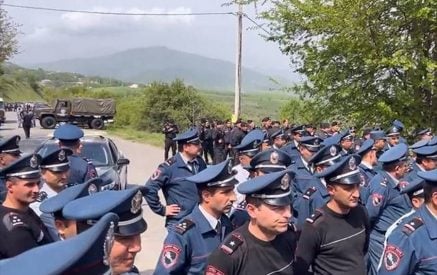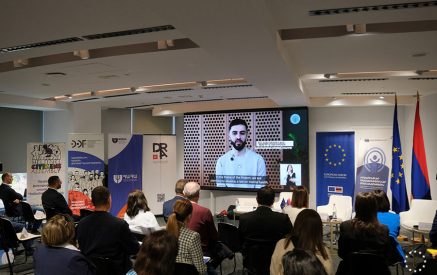Until quite recently, there was a rather tense, even hostile relationship between the Ministry of Defense and NGOs. Today, during the parliamentary hearings on the subject “Strengthening the Mutual Relations Between the Army and Society,” www.aravot.am inquired of Artur Sakunts, the head of Helsinki Citizens’ Assembly Vanadzor Office, whether that relationship was already a thing of the past. “The fact that the Minister of Defense publicly states that the phrase ‘the army is society’s mirror’ is unacceptable is great progress in itself. Because, you would probably remember, it was said that soldiers were former citizens with their family problems. Now they start to give up on this thesis. It is a very important fact,” Artur Sakunts said. He thinks that such a fundamental complex of parliamentary hearings is the first step, which should be followed by solution to the problems revealed as a result of discussions. “This is the first step; furthermore, it is a rather late step and has been at the expense of human lives, ruined lives. Why is it that a freedom fighter writes a letter and says that he needs money for his mother’s surgery? So there are rather serious problems with social security and legal protection, and we expect specific steps,” our interlocutor said. By the way, even during the discussion, Sakunts got concerned about the reservations to the work of monitoring and supervising groups. “We don’t check the operation plans regarding using troops and weapons, do we? Respectful or disrespectful attitude toward human dignity is our subject, and those can by no means be a secret.” As for specific steps that the human rights advocate expects as a result of discussions, they are as follows: “State purchases of food and medication, i.e. purchases and tenders of non-military equipment. Then, there is no parliamentary supervision as such. In some countries, the parliament itself approves which type of weapon should be purchased from what company. Thirdly, adoption of the institution of the military ombudsman. I know that discussions on that issue are under way in ministries. Fourthly, all legal norms regulating the relationship between the citizen and the armed forces should have the power of the law.” In this context, Sakunts put forward the defense minister’s famous Order 175, which determines the issue of eligibility and has the power of an order, whereas such issues should be provided for by the
law. Sakunts thinks that this kind of dialogue should always be there, and issues should be raised and solved. “This is the first time such a discussion is held, and it is praiseworthy, particularly given the fact that the composition of participants – representatives of the defense ministry, along with the minister, our partners from international organizations, and the most oppositional representatives of local NGOs. I think that this kind of discussions will make a lot of changes and will put the relations between the army and society on a more positive course,” Margarit Yesayan, the deputy chairman of the National Assembly human rights standing commission, conveyed her opinion to www.aravot.am.
Nelly GRIGORYAN
Photo by Vardine Grigoryan


